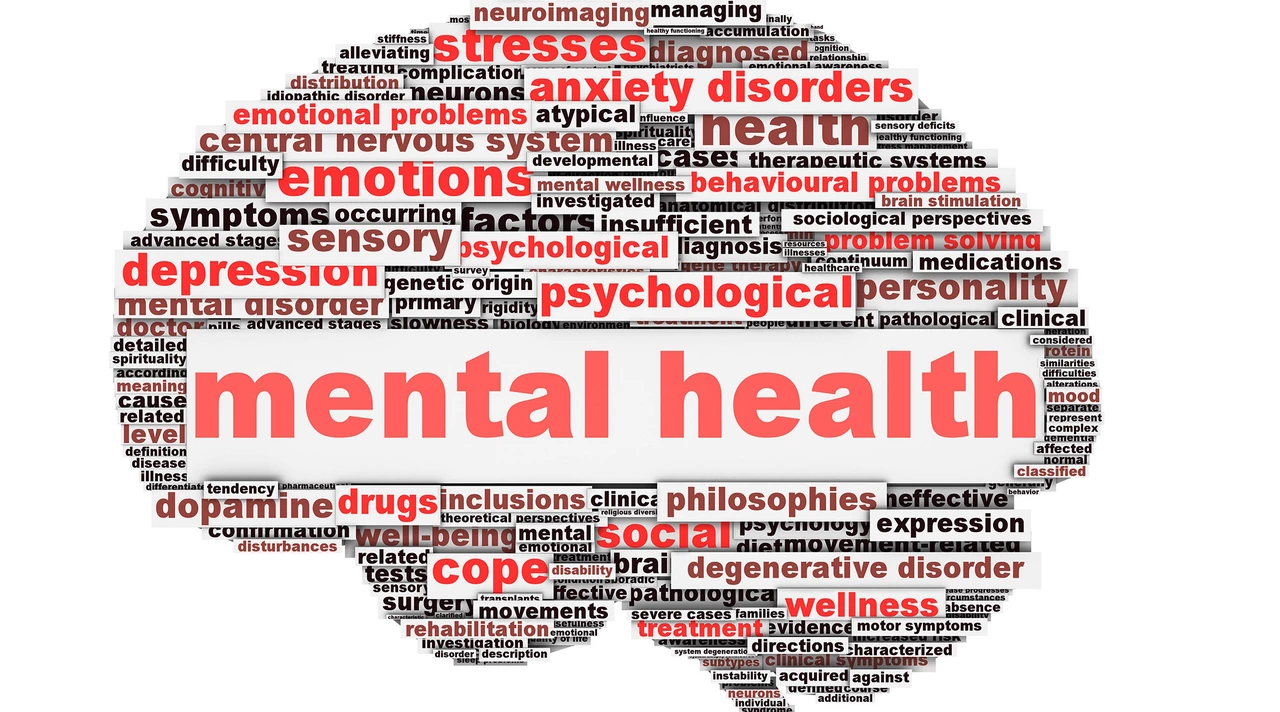Understanding Erosive Esophagitis and How to Manage It
Erosive esophagitis happens when the lining of your esophagus gets irritated and worn down, usually because of stomach acid sneaking back up. If you've noticed heartburn that just won't quit or chest discomfort after meals, erosive esophagitis might be why. It’s a step beyond just occasional acid reflux—it means damage is building up.
So, what causes this? The main culprit is acid reflux that's strong and frequent enough to harm your esophageal lining. Other factors can include certain medications, infections, or lifestyle choices like smoking and drinking too much alcohol. Sometimes, an infection or allergy can also invite trouble. If the problem sticks around, you can expect symptoms like persistent heartburn, painful swallowing, and a sour taste in your mouth.
Spotting Symptoms and Knowing When to See a Doctor
Some warning signs are pretty obvious: ongoing heartburn, chest pain, or trouble swallowing. But erosive esophagitis can sneak up without clear symptoms too. If you find yourself avoiding certain foods or drinks because they burn, or notice weight loss because eating hurts, it’s time to get checked out. Untreated, this condition might lead to ulcers or scar tissue that narrows your esophagus, making swallowing even harder.
Simple Steps and Treatments That Make a Difference
First off, lifestyle changes go a long way. Cutting back on fatty foods, caffeine, and alcohol helps keep stomach acid in check. Eating smaller meals and not lying down right after eating can stop acid from backing up. If you smoke, quitting will also ease symptoms. On the medical side, doctors often recommend medications called proton pump inhibitors that reduce acid production, giving your esophagus time to heal. In some cases, other drugs or even surgery might be options.
Managing erosive esophagitis is totally doable once you understand what's going on inside your body. Keep an eye on your symptoms, talk openly with your healthcare provider, and don’t wait until discomfort turns serious. Taking control now means you can enjoy eating and living without that nagging burn.

The Impact of Erosive Esophagitis on Mental Health
Erosive esophagitis is a condition that has been weighing on my mind lately, as it not only affects a person's physical health but also has significant impacts on mental health. The constant pain and discomfort caused by this inflammation can lead to increased stress and anxiety, which in turn, exacerbates the condition. Moreover, the disruption to daily activities and the need to follow strict dietary restrictions can result in feelings of isolation and depression. It's crucial that we acknowledge the connection between erosive esophagitis and mental health, and seek appropriate treatment and support for both aspects. By addressing these concerns holistically, we can improve the overall well-being of those affected by this condition.